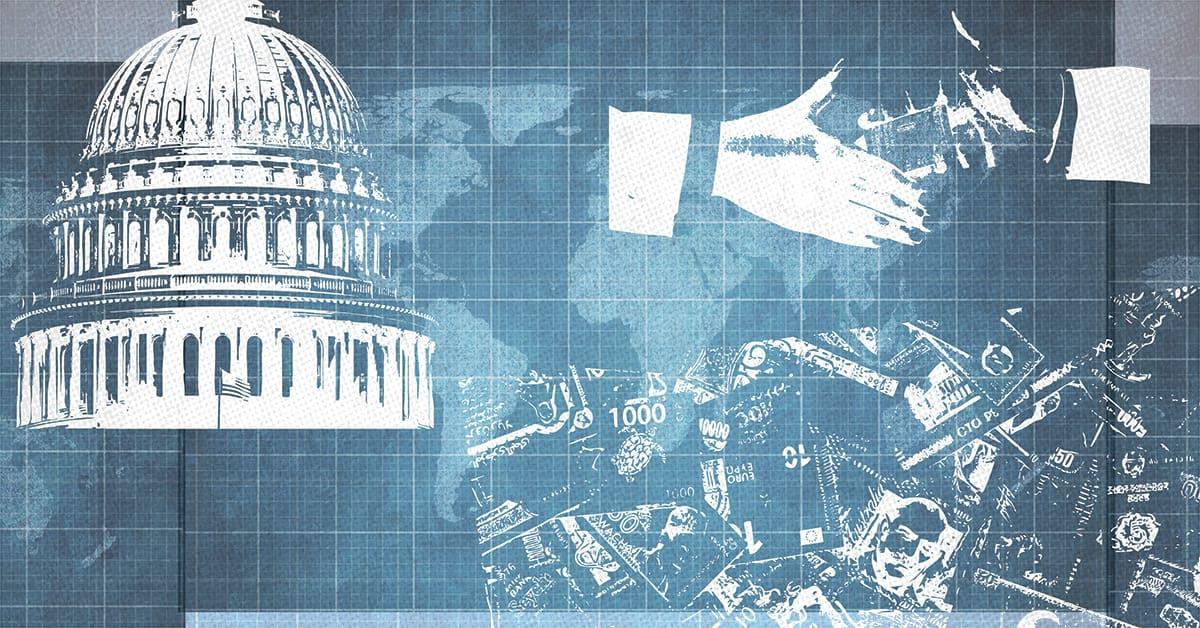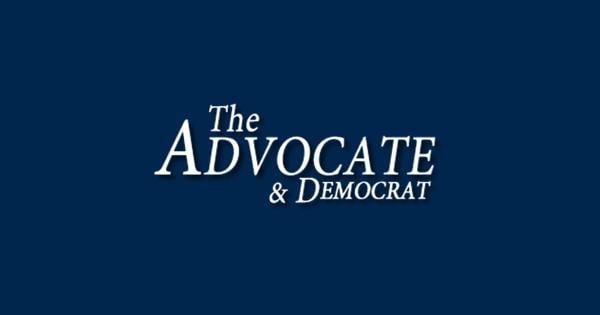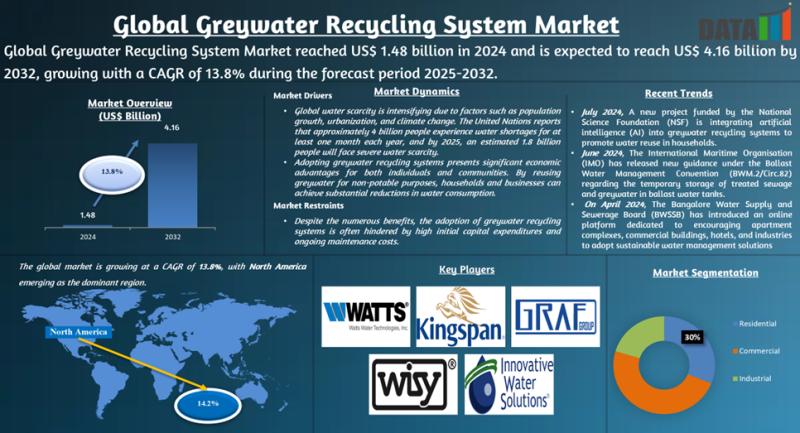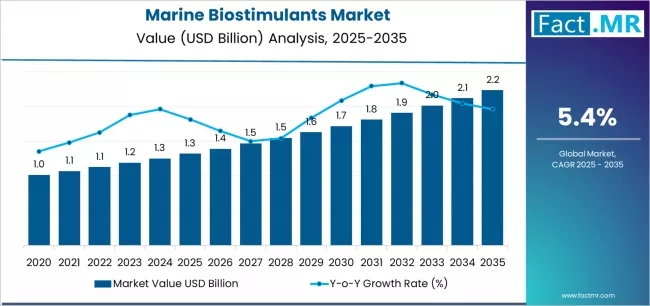Five key points on how a long-respected US human rights report became a ‘cudgel’ under Trump – The Guardian

Analysis of the U.S. State Department’s Annual Human Rights Report and its Implications for Sustainable Development Goals
The recently released annual human rights report by the U.S. State Department marks a significant departure from previous editions, with notable shifts in focus and content that carry profound implications for the global pursuit of the Sustainable Development Goals (SDGs). The report appears to align with a new foreign policy orientation, de-emphasizing human rights criticism for strategic partners while intensifying scrutiny of traditional allies. This restructuring impacts the international framework for monitoring progress on key goals, particularly SDG 16 (Peace, Justice and Strong Institutions), SDG 5 (Gender Equality), and SDG 10 (Reduced Inequalities).
Impact on SDG 16: Peace, Justice and Strong Institutions
The report’s revised assessments of several nations directly challenge the principles of SDG 16, which aims to promote peaceful and inclusive societies, provide access to justice for all, and build effective, accountable, and inclusive institutions at all levels.
Selective Reporting on Institutional Integrity
A notable change is the softened stance on countries that have cultivated closer ties with the current U.S. administration. This selective approach undermines the universal application of standards crucial for achieving SDG 16.
- Hungary: The report claims “no credible” human rights abuses, a direct contradiction to the previous year’s findings of a “deteriorating” situation. This overlooks concerns raised by EU lawmakers regarding threats to the rule of law, press freedom, and the targeting of minorities, all of which are critical components of SDG 16 targets on fundamental freedoms (16.10) and inclusive institutions (16.6).
- El Salvador: The report omits previous references to “arbitrary killings,” “enforced disappearance,” and “torture.” This is despite warnings from activists that the nation’s democratic institutions are being eroded, directly contravening SDG 16’s call to reduce all forms of violence (16.1) and ensure equal access to justice (16.3).
Heightened Scrutiny of European Allies
Conversely, the report singles out traditional allies for human rights failings, particularly concerning freedom of expression.
- United Kingdom, Germany, and France: These nations are criticized for their regulations on online hate speech, a stance that complicates the global dialogue on balancing freedom of expression (SDG 16.10) with the prevention of incitement to violence.
- Brazil: The report criticizes Brazil for restricting online content deemed to “undermine democracy,” framing it as an attack on democratic debate.
Implications for SDG 5 (Gender Equality) and SDG 10 (Reduced Inequalities)
One of the most significant changes in the report is the drastic reduction of content related to discrimination and violence against vulnerable groups. This represents a substantial setback for monitoring and advocating for SDG 5 and SDG 10.
Omission of Protections for Vulnerable Groups
The report has largely removed sections that previously detailed issues central to equality and non-discrimination.
- Gender-Based Violence: The absence of dedicated analysis on gender-based violence weakens an important tool for tracking progress on SDG 5.2, which calls for the elimination of all forms of violence against all women and girls.
- LGBTQI Rights: Criticism focused on LGBTQI rights has been excised. The lack of detail on Uganda, which enacted severe anti-LGBTQ+ laws, is a particularly stark omission, undermining global efforts to advance SDG 10.2 (promoting the inclusion of all) and SDG 10.3 (ensuring equal opportunity).
- Racial and Ethnic Violence: The report has also pared back content on racial and ethnic discrimination, diminishing its utility as a resource for addressing the inequalities targeted by SDG 10.
Geopolitical Considerations and Humanitarian Crises
Israel-Gaza Conflict
The section on Israel and the Palestinian territories is significantly shorter than in previous years. It fails to mention the severe humanitarian crisis or the extensive death toll in Gaza, acknowledging Israeli authorities took “credible steps” to address abuses. This approach sidesteps the urgent issues of peace and justice central to SDG 16 and the humanitarian imperatives related to SDG 3 (Good Health and Well-being).
Critique and Backlash: The Report as a Foreign Policy Tool
Critics, including former State Department officials and Democratic lawmakers, have condemned the report as a politically motivated document that compromises its long-standing credibility.
Allegations of Politicization
- Former officials described the report as “shocking” and more reflective of “Soviet propaganda” than a factual assessment, arguing that political agendas have superseded objective analysis.
- The administration has been accused of weaponizing human rights as a “cudgel” against adversaries while ignoring the failings of allies, thereby undermining the cooperative spirit of SDG 17 (Partnerships for the Goals).
- The State Department defended the changes, stating the report was restructured to improve readability and remove “politically biased demands and assertions,” reorienting it toward “western values.”
This politicization threatens the report’s function as a globally recognized benchmark for rights advocacy, potentially weakening a key instrument used by policymakers, NGOs, and international bodies to advance the Sustainable Development Goals worldwide.
Analysis of Sustainable Development Goals in the Article
1. Which SDGs are addressed or connected to the issues highlighted in the article?
-
SDG 16: Peace, Justice and Strong Institutions
This is the most prominent SDG in the article. The text revolves around a US State Department report on human rights, discussing issues like “arbitrary killings,” “torture,” and “enforced disappearance” in El Salvador, the erosion of the “rule of law” and “press freedom” in Hungary, the assault on “democratic institutions” in El Salvador, and the high death toll in the Israel-Gaza war. These topics directly relate to promoting peaceful societies, providing access to justice, and building effective, accountable institutions.
-
SDG 10: Reduced Inequalities
The article explicitly mentions that the human rights report has “vastly scaled back criticism of discrimination against minority groups.” It highlights the removal of sections on “racial and ethnic violence” and “LGBTQI rights.” The specific examples of Hungary’s law targeting LGBTQ+ people and Uganda’s harsh anti-LGBTQ+ laws, including the death penalty, are central to the theme of inequality and discrimination based on sexual orientation and other statuses.
-
SDG 5: Gender Equality
This goal is addressed through the “notable omissions” section of the article. It points out that criticism focused on “gender-based violence” and “LGBTQI rights,” which were present in previous reports, has been “largely removed.” The deliberate omission of these issues in a key international human rights document signifies a setback for gender equality and the protection of vulnerable groups, including women and LGBTQI individuals.
2. What specific targets under those SDGs can be identified based on the article’s content?
-
SDG 16: Peace, Justice and Strong Institutions
- Target 16.1: Significantly reduce all forms of violence and related death rates everywhere. This target is directly addressed by the mention of “arbitrary killings,” “enforced disappearance,” and “torture” in El Salvador. Furthermore, the statistic that “More than 61,000 people have been killed in Gaza” is a clear reference to violence and conflict-related death rates.
- Target 16.3: Promote the rule of law at the national and international levels and ensure equal access to justice for all. This is relevant to the situation in Hungary, where the “rule of law… is ‘rapidly going in the wrong direction’,” and in El Salvador, where the president’s actions represent an “assault on civil society and democratic institutions” and congress “scrapped presidential term limits.”
- Target 16.10: Ensure public access to information and protect fundamental freedoms, in accordance with national legislation and international agreements. This target is highlighted by the threats to “press freedom” in Hungary and the criticism directed at the UK, Germany, and France over their handling of “free speech” and “regulations on online hate speech.”
-
SDG 10: Reduced Inequalities
- Target 10.3: Ensure equal opportunity and reduce inequalities of outcome, including by eliminating discriminatory laws, policies and practices. This target is directly implicated by the article’s mention of specific discriminatory laws, such as Hungary’s “law banning content about LGBTQ+ people from schools and TV” and Uganda’s passing of “some of the harshest anti-LGBTQ+ laws in the world.” The removal of criticism of such practices from the US report undermines efforts to meet this target.
-
SDG 5: Gender Equality
- Target 5.1: End all forms of discrimination against all women and girls everywhere. The article’s focus on the removal of criticism regarding “LGBTQI rights” connects to this target, as discrimination based on sexual orientation and gender identity is a critical aspect of achieving full gender equality.
- Target 5.2: Eliminate all forms of violence against all women and girls in the public and private spheres. This target is relevant because the article explicitly states that sections highlighting “gender-based violence” have been “largely removed” from the US report, indicating that a significant form of violence against women is being ignored.
3. Are there any indicators mentioned or implied in the article that can be used to measure progress towards the identified targets?
-
Indicators for SDG 16 Targets
- For Target 16.1: The article provides a direct quantitative indicator for conflict-related deaths with the figure of “More than 61,000 people have been killed in Gaza.” It also provides qualitative indicators of state-sponsored violence through the descriptions of “arbitrary killings,” “enforced disappearance,” and “torture” in El Salvador.
- For Target 16.10: The article implies indicators related to freedom of expression. The mention of “threats to press freedom” in Hungary and criticism of European governments’ “regulations on online hate speech” serve as qualitative indicators of the state of fundamental freedoms.
-
Indicators for SDG 10 and SDG 5 Targets
- For Target 10.3 and 5.1: The existence of discriminatory laws serves as a direct indicator. The article points to specific examples that can be tracked: Hungary’s “law banning content about LGBTQ+ people” and Uganda’s law imposing the “death penalty for some homosexual acts.” The passing or repealing of such laws is a clear measure of progress.
- For Target 5.2: The article implies an indicator related to the official acknowledgment and reporting of gender-based violence. The fact that criticism of “gender-based violence” was “largely removed” from a major international report is an indicator of a lack of political will to address or even measure the problem.
SDGs, Targets, and Indicators Analysis
| SDGs | Targets | Indicators Identified in the Article |
|---|---|---|
| SDG 16: Peace, Justice and Strong Institutions | 16.1: Reduce all forms of violence and related death rates. | – Number of conflict-related deaths (e.g., “61,000 people have been killed in Gaza”). – Reports of state-sponsored violence (e.g., “arbitrary killings,” “torture” in El Salvador). |
| SDG 16: Peace, Justice and Strong Institutions | 16.3: Promote the rule of law and ensure equal access to justice. | – Actions undermining democratic institutions (e.g., scrapping presidential term limits in El Salvador). – Qualitative assessments of the rule of law (e.g., warnings that it is “rapidly going in the wrong direction” in Hungary). |
| SDG 16: Peace, Justice and Strong Institutions | 16.10: Ensure public access to information and protect fundamental freedoms. | – Reports of threats to press freedom. – Government regulations on free speech (e.g., “regulations on online hate speech” in Europe). |
| SDG 10: Reduced Inequalities | 10.3: Ensure equal opportunity and eliminate discriminatory laws, policies and practices. | – Existence of discriminatory laws (e.g., Hungary’s law banning LGBTQ+ content, Uganda’s anti-LGBTQ+ laws). |
| SDG 5: Gender Equality | 5.1: End all forms of discrimination against all women and girls. | – Existence of laws discriminating on the basis of gender identity and sexual orientation (e.g., anti-LGBTQ+ laws in Hungary and Uganda). |
| SDG 5: Gender Equality | 5.2: Eliminate all forms of violence against all women and girls. | – Omission of “gender-based violence” from official human rights reports, indicating a lack of monitoring and political will. |
Source: theguardian.com

What is Your Reaction?
 Like
0
Like
0
 Dislike
0
Dislike
0
 Love
0
Love
0
 Funny
0
Funny
0
 Angry
0
Angry
0
 Sad
0
Sad
0
 Wow
0
Wow
0

















































:focal(1500,1000)/https://media.globalcitizen.org/a6/9a/a69a4720-d8a1-4715-b596-18738d03c05c/rotary_polio_hero_image.jpg?#)






/countries/sri-lanka/photo-credit---dmc-sri-lanka.tmb-1200v.jpg?sfvrsn=dc298bcc_1#)
















